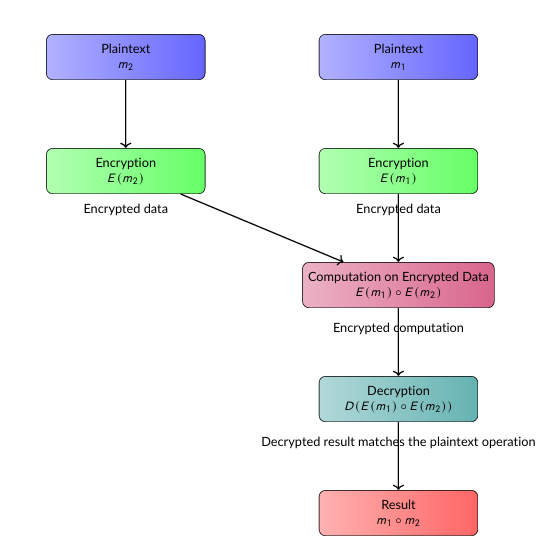Developing a Multi-Level Security and Privacy-Preserved Data Model for Big Data in Healthcare: Enhancing Data Security Through Advanced Authentication, Authorization, and Encryption Techniques
Main Article Content
Abstract
The healthcare industry faces an unprecedented challenge in managing the security and privacy of large volumes of sensitive clinical data, where breaches can compromise patient confidentiality and trust. This paper proposes a multi-level security and privacy-preserved data model adjusted for Big Data environments in healthcare. The framework integrates authentication protocols, robust authorization mechanisms, cutting-edge encryption techniques, and privacy-preserving data mining (PPDM) methods to protect sensitive healthcare information. Specifically, multi-factor authentication (MFA), role-based access control (RBAC), attribute-based access control (ABAC), homomorphic encryption, and differential privacy are discussed to create a resilient infrastructure capable of safeguarding data throughout its lifecycle. The framework incorporates real-time threat detection and response systems to ensure data integrity and availability in the face of cyber threats. This paper details the methodologies required to construct this multi-layered security architecture and highlights its efficacy in preserving privacy while allowing secure data analysis and sharing across healthcare platforms.
